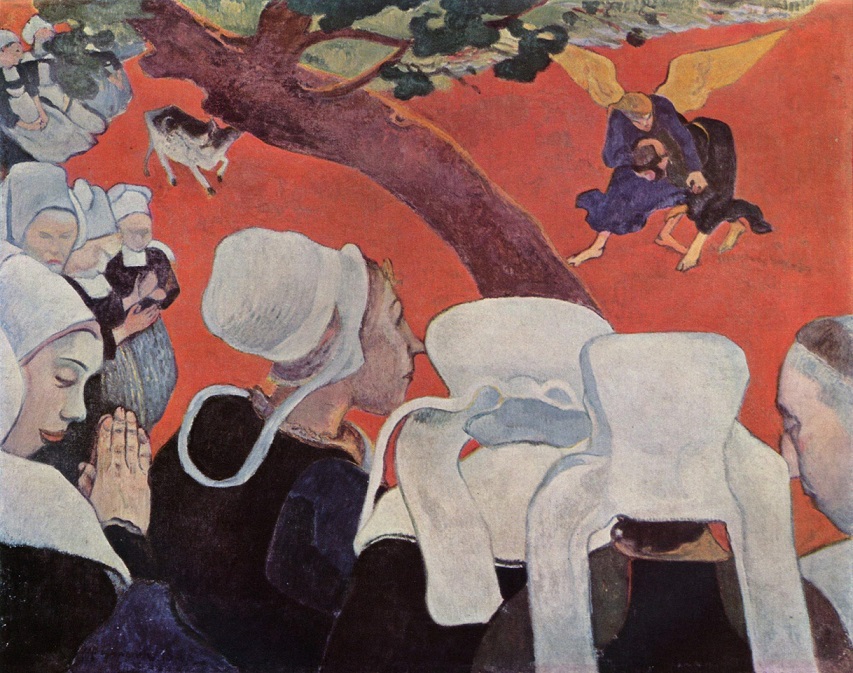
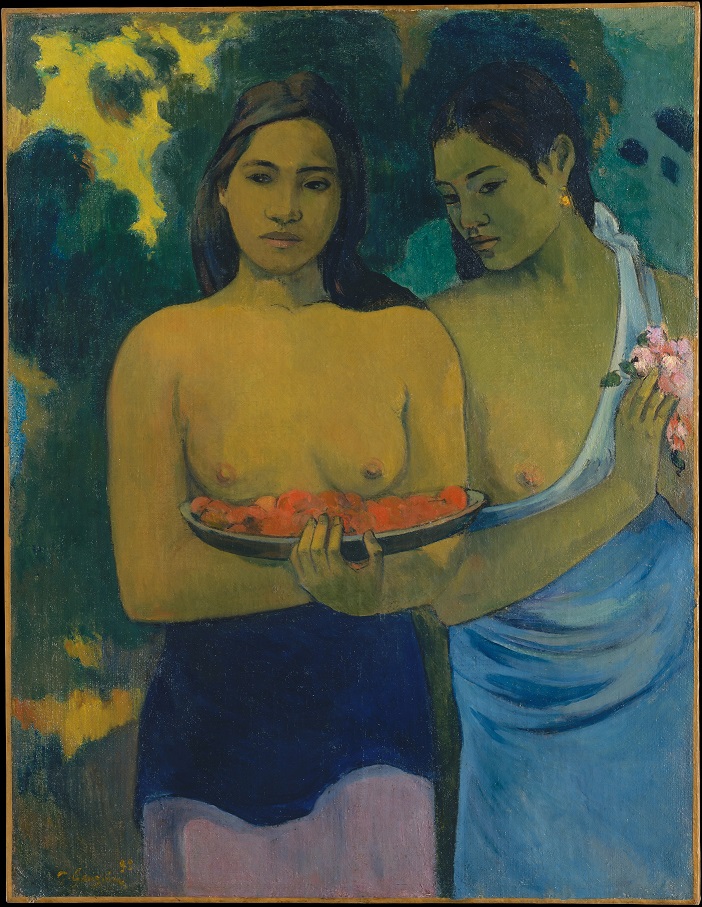
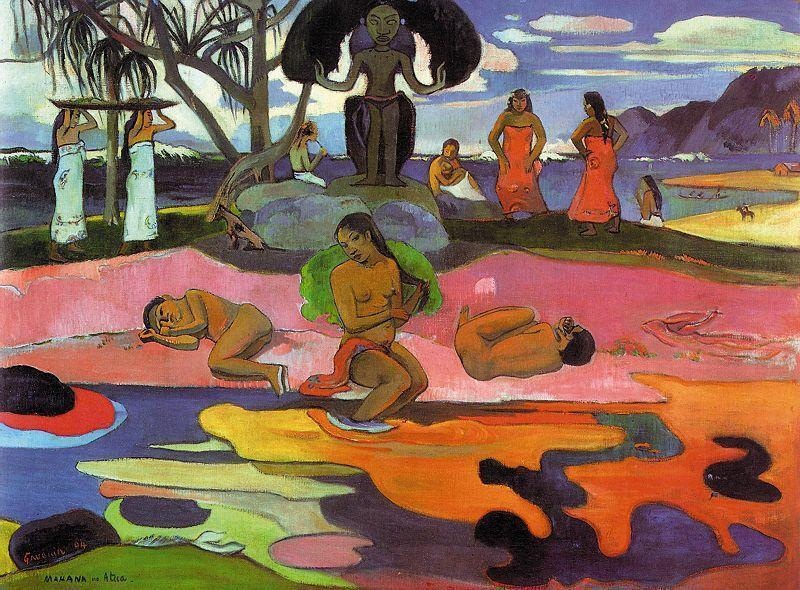
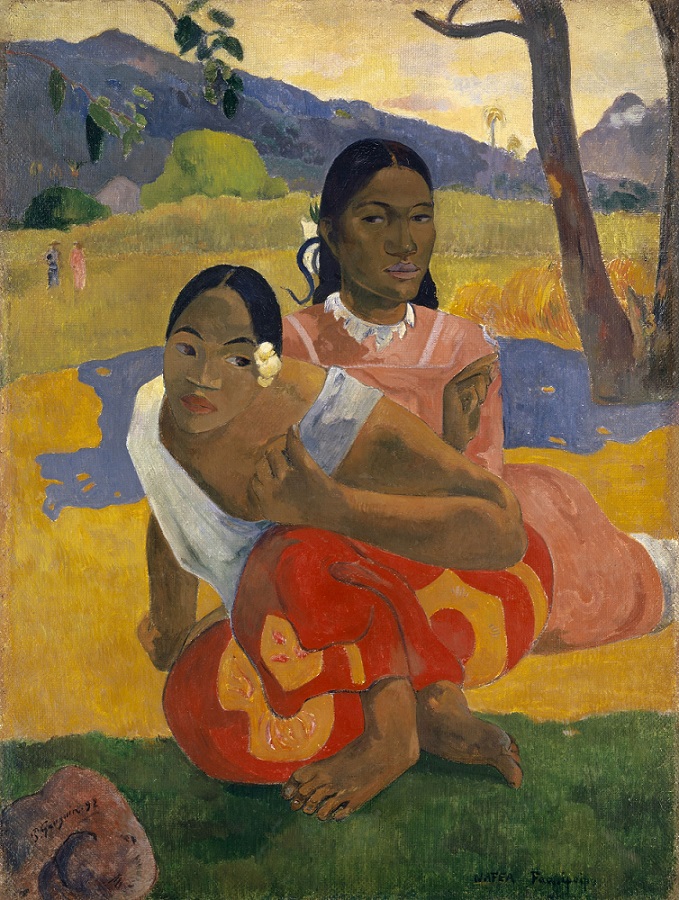

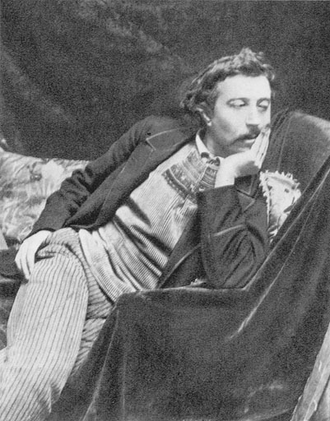
Paul Gauguin is a French Post-impressionist artist. Unappreciated until after his death, Gauguin is now recognized for his experimental use of color and Synthetist style that were distinct from Impressionism. His work was influential to the French avant-garde and many modern artists, such as Pablo Picasso and Henri Matisse.
According to Floyed, childhood experiences sould have great influence on a person's future development. Gauguin had a wandering and misery childhood, so he had a special desire to be exiled in his adulthood. He once worked as a sailor and afterwards joined the French Navy. But later after his mother's death, he became a stock broker in a stock exchange and lived a stable and decent life.
However, Gauguin was not satisfied with this kind of life. He fell in love with art at this time. Passion towards art stimulated his buried desire of being exiled far away. Then he gave up everything in Paris, and went to the isolated Brittany and remote Tasia Islands. In this primitive and simple environment, Gauguin looked for the Garden of Eden in art. Most of his excellent artworks were born here. Gauguin's art has clear primitive meaning. He thinks art should have a sincere emotion. However, the modern metropolitan civilization is losing this kind of emotion.
The famous novel "The Moon and Sixpence" was partially based on the life of Paul Gauguin.




